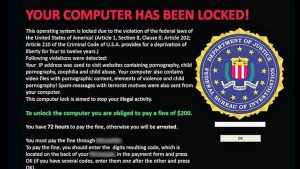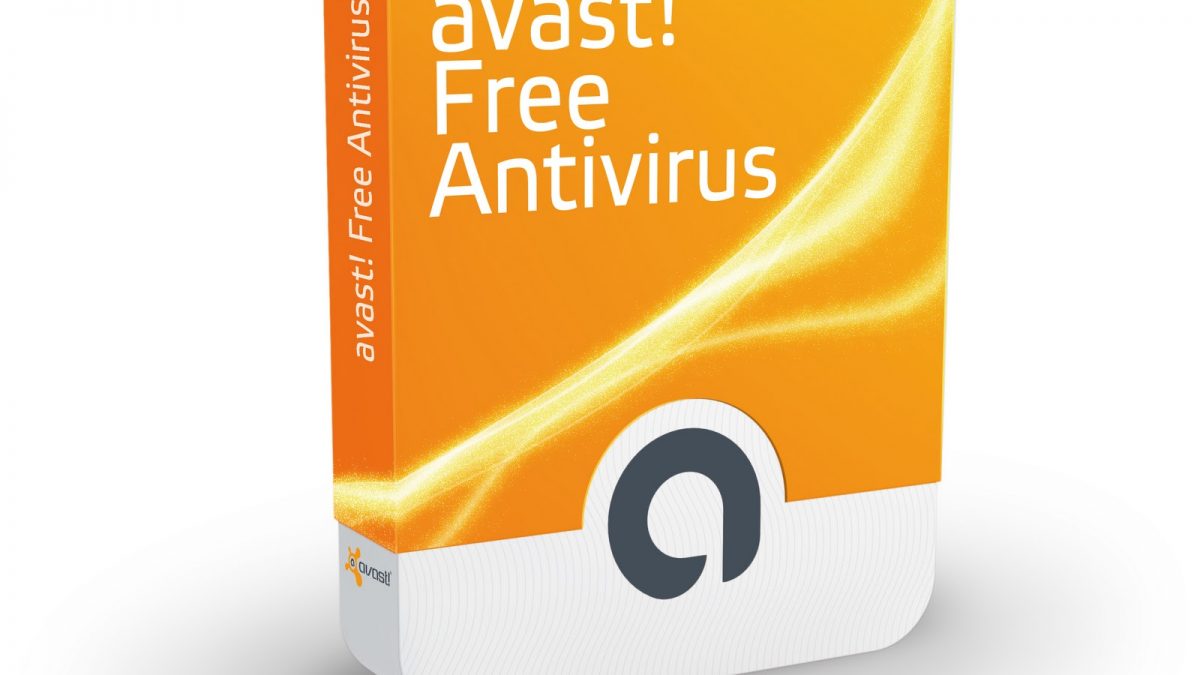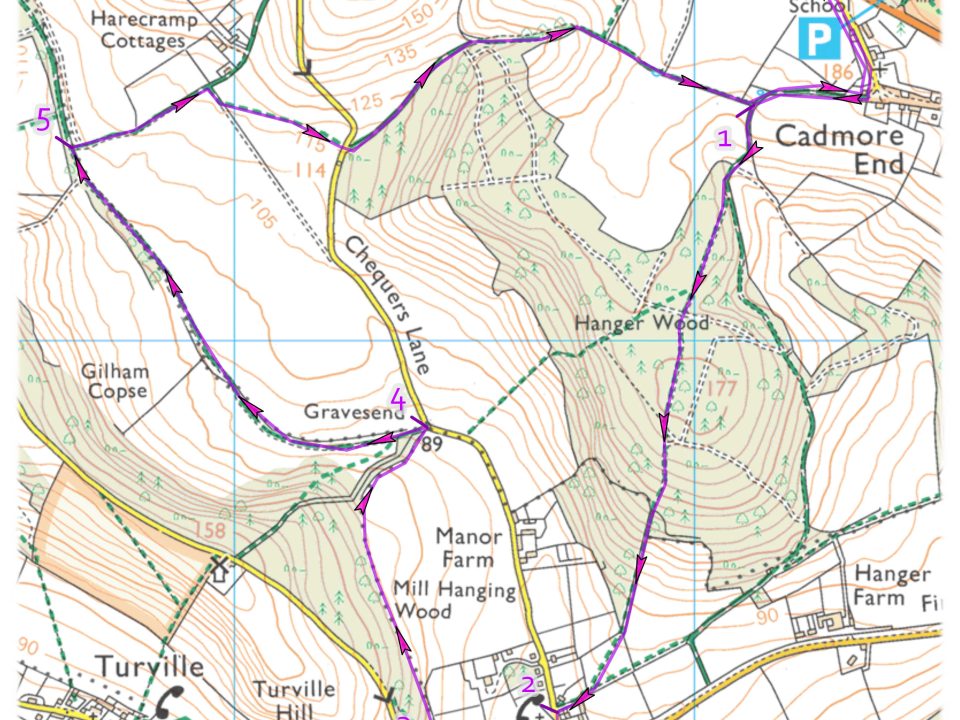
Askett Nurseries
March 2, 2017
Aylesbury Waterside Theatre
March 2, 2017Keep your stuff safe with PC protection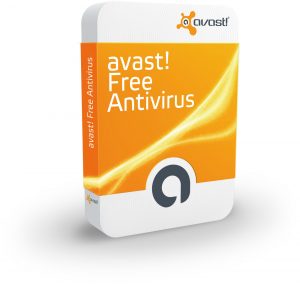
Connecting an unprotected PC to the internet is rather like stripping naked, covering yourself in honey and throwing yourself into a nest of angry wasps: the question isn’t whether you’re going to get stung, it’s how bad the results are going to be. The internet is full of unpleasantness, and some of it is trying to make you an April fool.
Trying to con people on the internet is very cheap and safe: the likelihood of getting caught is incredibly small, and the cost of contacting even millions of people is incredibly small too. So entire call centres make fake technical support calls to unsuspecting people, trying to convince them that their PC is broken and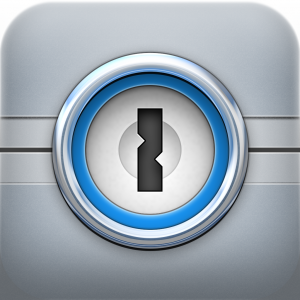 they need to download software to fix it. That software then nabs their personal information, or their online banking details, and that information is used to compromise their various accounts and steal their money. It’s important to stress this: if you’ve ever tried to call the support lines of Microsoft, Apple, Amazon, BT or any other big firm, you’ll appreciate how long it takes to get through. These companies don’t have the resources to make proactive support calls, let alone monitor your computer for any problems.
they need to download software to fix it. That software then nabs their personal information, or their online banking details, and that information is used to compromise their various accounts and steal their money. It’s important to stress this: if you’ve ever tried to call the support lines of Microsoft, Apple, Amazon, BT or any other big firm, you’ll appreciate how long it takes to get through. These companies don’t have the resources to make proactive support calls, let alone monitor your computer for any problems.
Apps can help. A powerful but simple password manager such as the excellent 1Password solves a big problem with the internet – you need different, st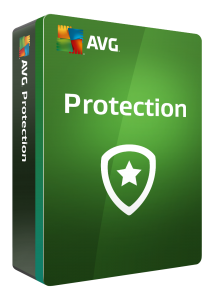 rong passwords that can’t be guessed for each individual site or service, but you also need to remember them. 1Password creates and remembers them for you, automatically filling them in when you need them. This means that if, say, your favourite photo site is hacked, your login details can’t be used to get into your Amazon account, eBay account or PayPal account.
rong passwords that can’t be guessed for each individual site or service, but you also need to remember them. 1Password creates and remembers them for you, automatically filling them in when you need them. This means that if, say, your favourite photo site is hacked, your login details can’t be used to get into your Amazon account, eBay account or PayPal account.
Macs don’t generally suffer from malicious software, but Windows PCs do: there are more Windows users in the world, so they’re a more tempting target. That means security software is essential. BitDefender Anti-Virus Free Edition, AVAST anti-virus and AVG Free anti-virus can protect your PC from malicious files and apps, and they’re constantly updated with details of the latest threats. In the case of apps such as BitDefender, they can also scan links in your emails to let you know whether that email from the bank or Apple is fake (the answer, 99 times out of a hundred, is yes).
These apps matter because in addition to fake emails and malicious software, there’s a new villain in town: ransomware. Ransomware is a program that sneaks onto your computer and locks you out of it completely, meaning you can’t access your email, your photo library or anything else of value on your PC. The only way to unlock it appears to be to call the supplied telephone number and pay the ransom, which is usually a few hundred pounds. That’s a really bad idea, because the details you use to pay the ransom are then used again and again until you have no money left.
Security software such as the apps mentioned above can protect you from ransomware in two ways. They can prevent it from getting onto your PC in the first place, and remove it if your PC is already infected. When you consider the cost of the software is zero and the likelihood of an unsecured PC getting something nasty is 100%, security software is a must-have for anybody with a PC.